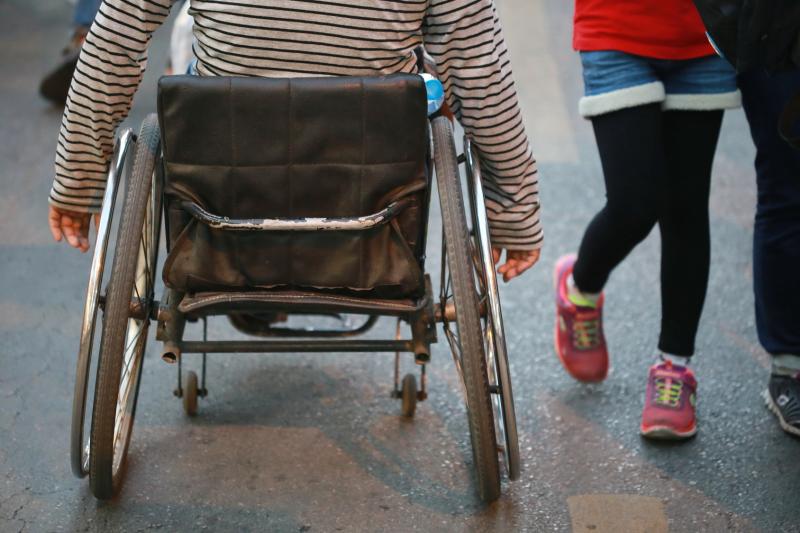 New technology allows spinal-cord-injury patients to move their leg muscles and feel pain once again
New technology allows spinal-cord-injury patients to move their leg muscles and feel pain once againAcceptance is an important psychological resource that healthcare professionals can tap to improve quality of life (QoL) and mental health in individuals living with spinal cord injury (SCI), results of a recent systematic review suggest.
Forty-one studies met the eligibility criteria. The quality of quantitative studies included was mostly ‘fair’ (n=17), followed by ‘good’ (n=13) and poor (n=9).
Greater acceptance showed a consistent correlation with higher global and psychological QoL, life satisfaction, sense of well-being, mental health, and with lower levels of depression and anxiety. Evidence regarding social QoL and post-traumatic stress disorder were inconsistent. In general, however, acceptance did not correlate with adjustment outcomes further than 2 years into the future.
“Healthcare professionals may regard acceptance as a psychological resource they can aim to support in improving QoL and mental health following SCI,” the authors said.
A systematic search was conducted in five databases, namely PubMed, PsycINFO, Embase, Web of Science and Scopus. Studies with available findings on the association between acceptance and QoL, mental health outcomes, or both in an SCI population aged ≥16 years were included. The investigators included only peer-reviewed original quantitative and qualitative studies.
Two researchers independently performed the screening, quality assessment and extraction of data. Findings were then tabulated and synthesized by outcome.
“A range of methodological and conceptual limitations were present in the research,” the investigators said. “Future studies should prioritize longitudinal designs, consider dyadic effects, explore subjective meaning(s) of acceptance and investigate the effectiveness of therapeutic approaches that stimulate the acceptance process.”